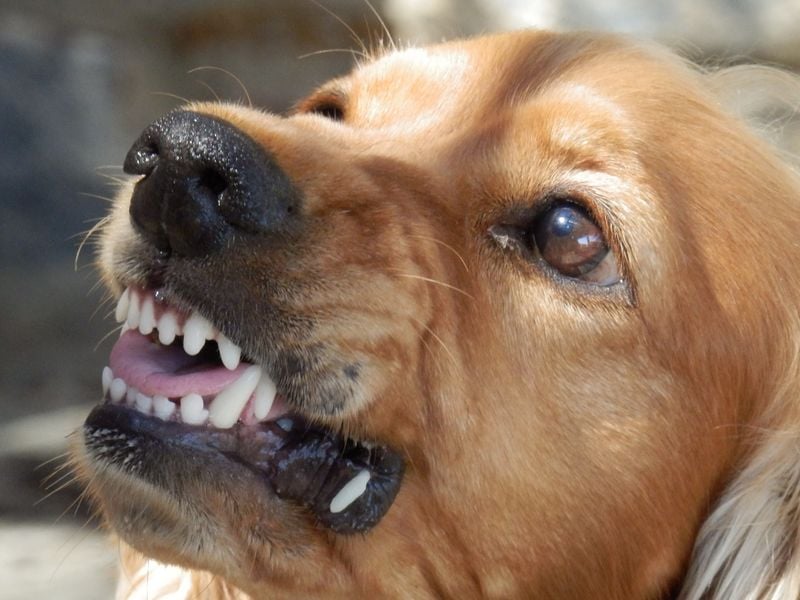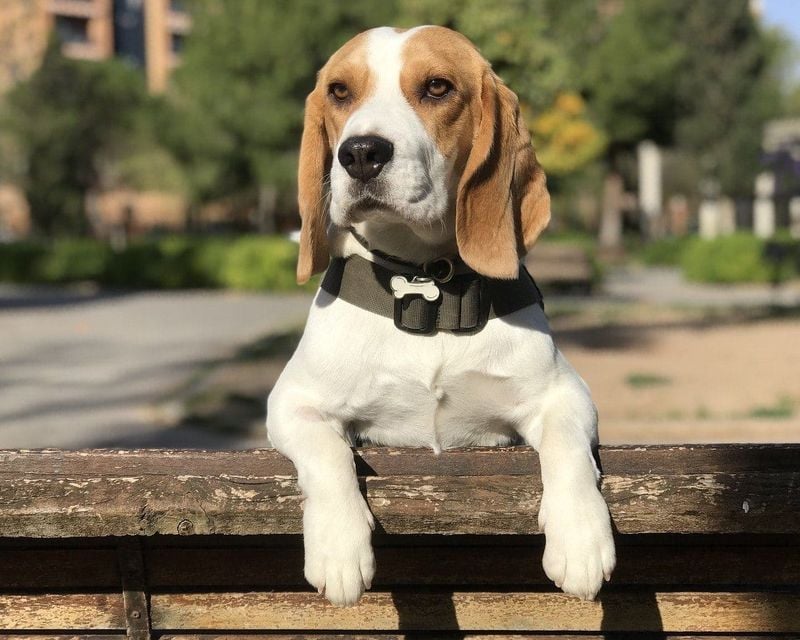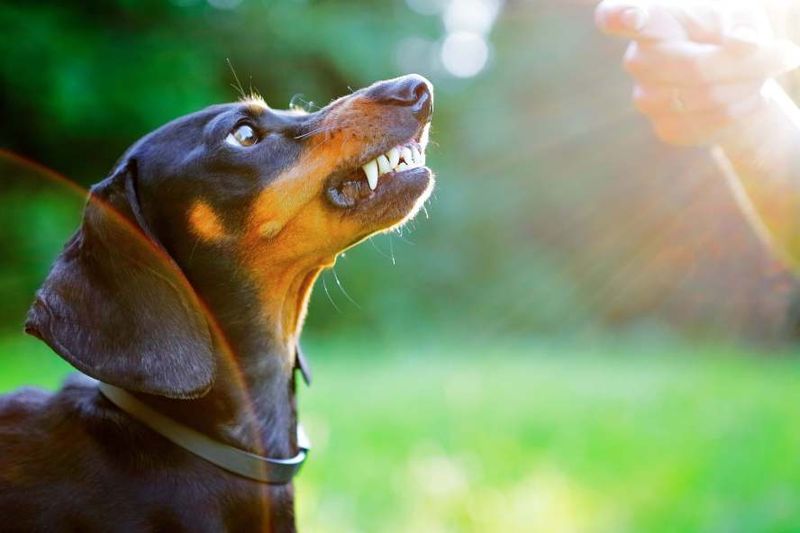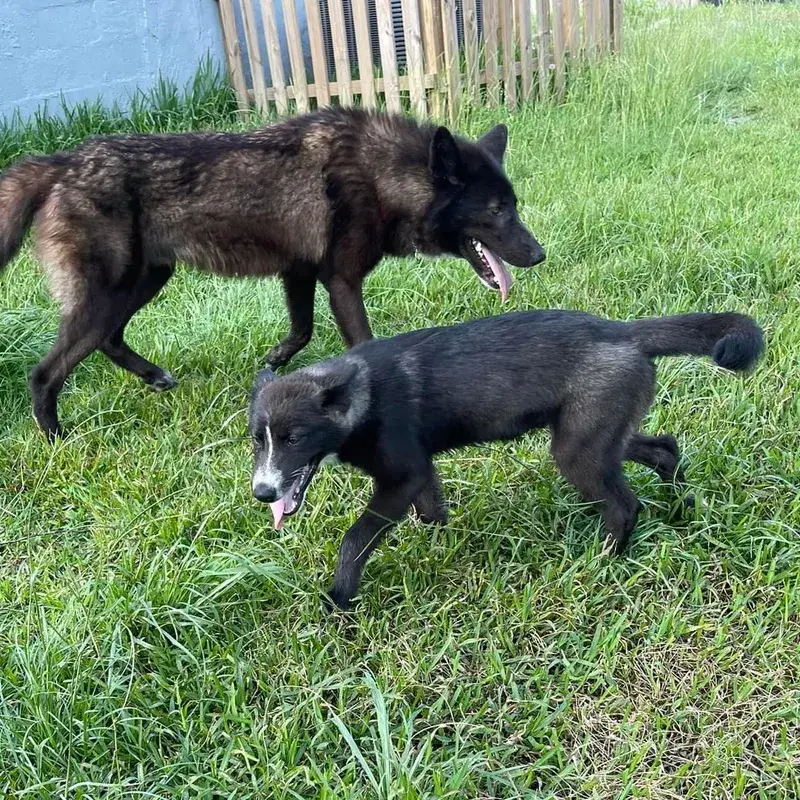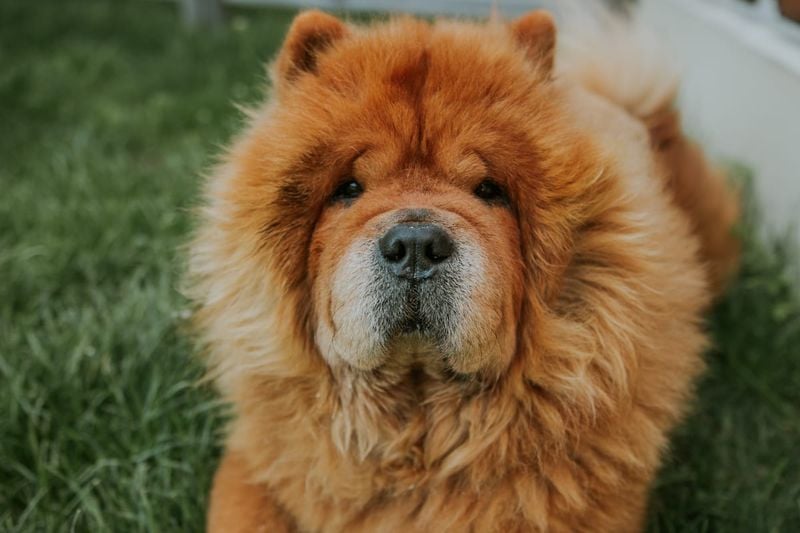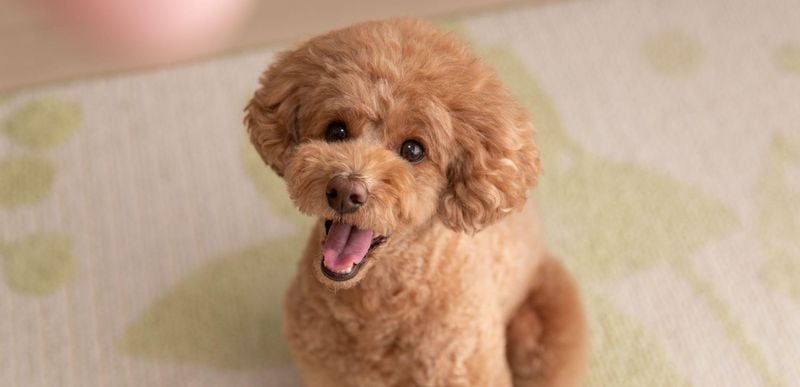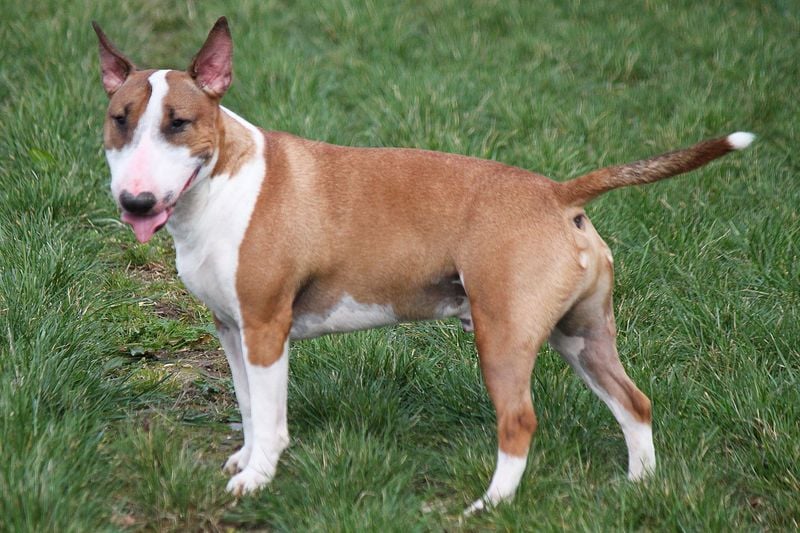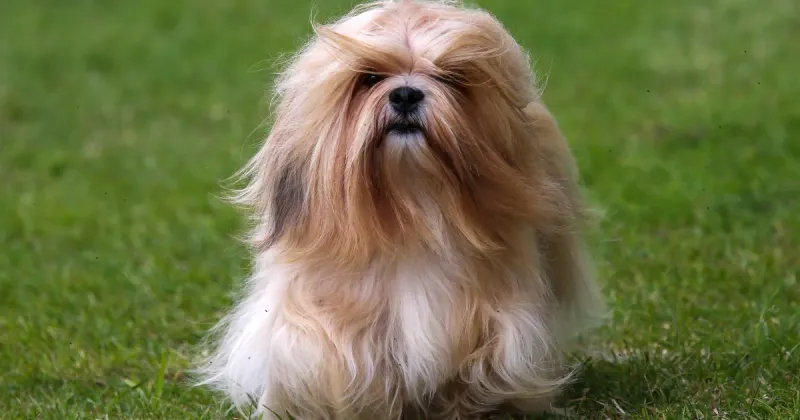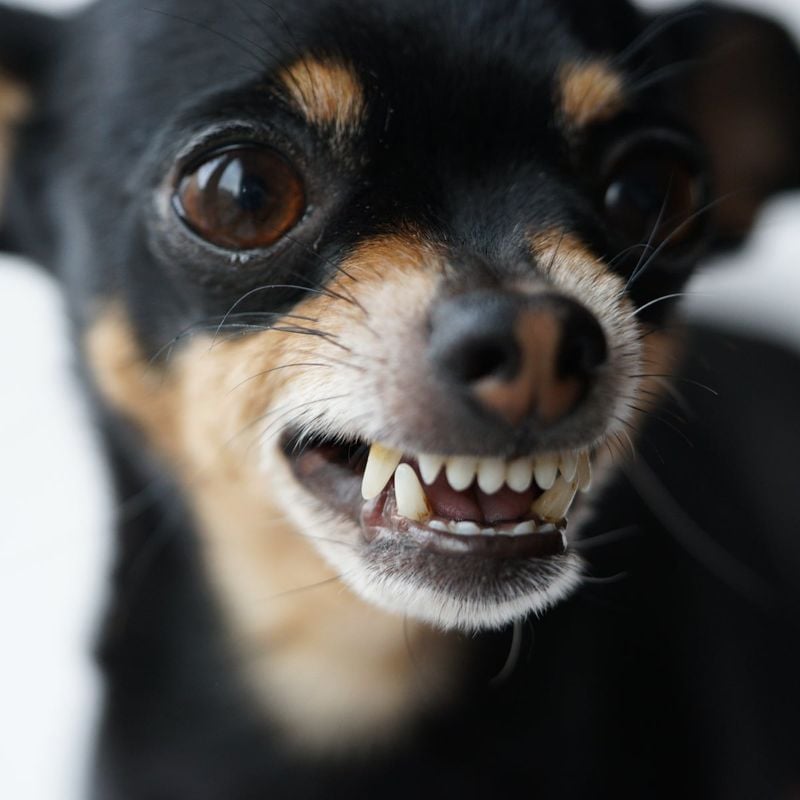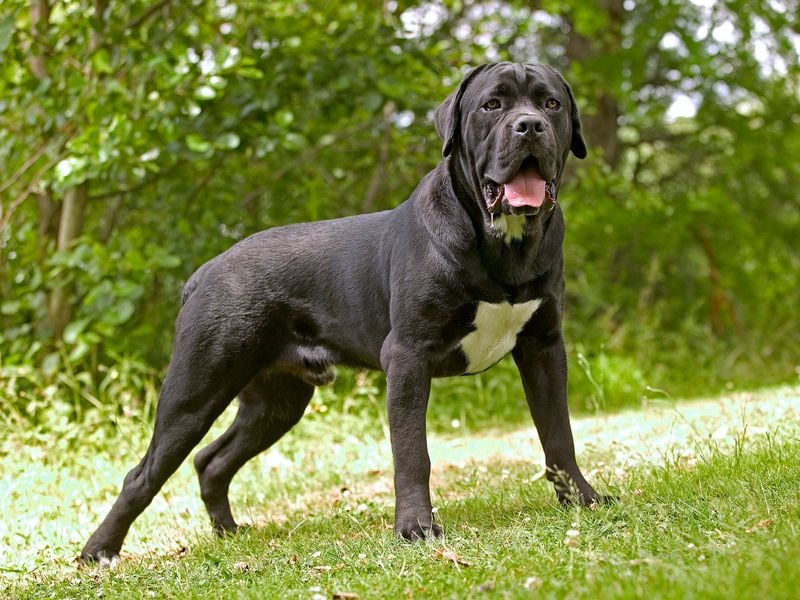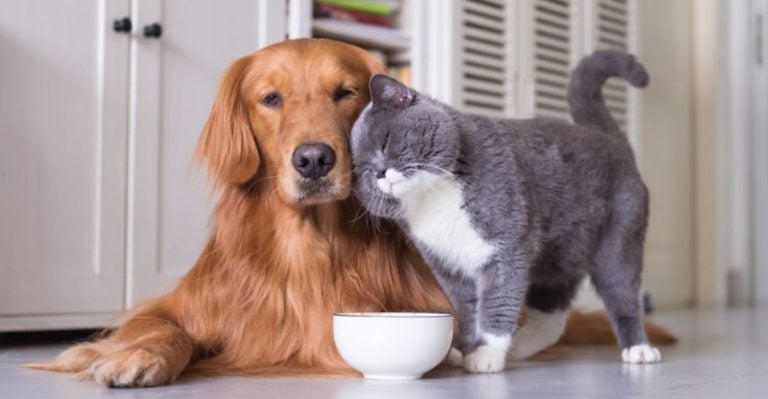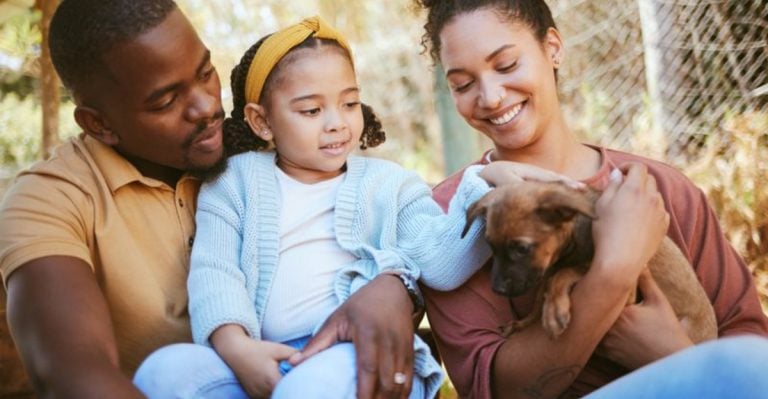12 Meanest Dog Breeds with a Built-In Attitude That Might Surprise You
When you picture a “mean” dog, your mind probably jumps to a growling Rottweiler or a snarling Doberman. But the truth is, attitude doesn’t always come in a big, intimidating package. In fact, some of the most notoriously feisty breeds are small enough to fit in a tote bag—and their bark often comes with a surprising bite. While every dog is an individual, certain breeds are more likely to develop dominant, reactive, or snappy tendencies if not properly trained and socialized.
From high-strung toy breeds with Napoleon complexes to fiercely independent hunters that don’t care what you think, these dogs come with a built-in attitude. That doesn’t mean they’re inherently dangerous, but it does mean they require experienced, attentive owners who understand how to establish boundaries early on. Without the right guidance, some of these breeds are more prone to guarding behavior, sudden nips, or general grouchiness—especially around strangers, children, or other animals.
What makes a dog “mean,” anyway? In many cases, it’s not about aggression for the sake of it. It’s about strong-willed personalities, fear-based reactivity, territorial instincts, or a deep sense of loyalty that sometimes tips into possessiveness. The breeds featured here tend to top lists for bite frequency, territorial behavior, or stubborn streaks that push new owners to their limits.
So whether you’re looking for a new furry companion or just curious about the pups with the most personality per pound, this list will surprise you. Some of the breeds that made the cut are known for their adorable appearances—but don’t let those big eyes or fluffy coats fool you. These are the 12 meanest dog breeds with a built-in attitude—and chances are, at least one of them will catch you off guard.
1. Cocker Spaniels
Those soulful eyes and silky ears hide a potential dark side. Cocker Spaniels can develop what veterinarians actually call ‘Rage Syndrome’ – a condition where these otherwise sweet dogs snap into sudden, unprovoked aggression.
Years of breeding for looks rather than temperament have unfortunately created neurological issues in some lines. These episodes come without warning, making them particularly dangerous around children.
A well-bred Cocker can be wonderful, but potential owners should research bloodlines carefully. Proper socialization from puppyhood and consistent, gentle training helps prevent these issues from developing.
2. Beagles
Behind that adorable face lurks a surprisingly stubborn streak that can manifest as snappiness when frustrated. Bred to follow scents relentlessly, Beagles have one-track minds that often override your commands.
Their hunting instincts create high-energy dogs that become destructive and irritable without proper outlets. Many owners are unprepared for their ear-splitting howls and tendency to escape yards in pursuit of interesting smells.
Beagles require firm boundaries and extensive exercise to manage their strong-willed nature. Without proper training, these compact hounds can become defensive resource-guarders who nip when their treasures are threatened.
3. Dachshunds
Don’t be fooled by their comical appearance – these miniature hunters pack serious attitude in those elongated bodies. Dachshunds consistently rank among the most likely breeds to bite humans, often without provocation.
Their breeding as badger hunters created fearless dogs with powerful jaws relative to their size. This historical purpose instilled a natural tendency toward territorial aggression and prey drive that many owners find challenging to manage.
Dachshunds often bond intensely with one person while remaining suspicious of others. Their stubborn nature and difficulty with training can result in persistent behavioral problems if not addressed early with consistent boundaries.
4. Wolf Hybrids
The allure of owning something half-wild often overshadows the serious reality of wolf hybrid ownership. These animals retain unpredictable wild instincts that can emerge without warning, especially during adolescence when hormones surge.
Unlike dogs bred for thousands of years to read human emotions, wolf hybrids lack this innate understanding. Their pack mentality leads them to constantly test boundaries and challenge authority, making them unsuitable for inexperienced owners.
Even lower-content hybrids require specialized containment systems and experienced handlers. Their aloof nature and potential for predatory behavior toward smaller animals and children make them one of the most challenging canines to safely integrate into family life.
5. Chow Chows
Resembling fluffy lions with their distinctive blue-black tongues, Chow Chows carry themselves with an air of nobility that borders on arrogance. Ancient Chinese breeding created an intensely territorial guardian with a natural suspicion of strangers that can quickly escalate to aggression.
Their thick fur and wrinkled faces make reading their warning signals difficult until it’s too late. Unlike more demonstrative breeds, Chows rarely give multiple warnings before snapping.
Their independent nature and resistance to training make them challenging for novice owners. Without proper socialization, these dignified dogs develop a hair-trigger response to perceived threats, earning them restrictions under many insurance policies.
6. Toy Poodles
Surprising to many, these fashionable furballs rank high on the list of nippy dogs. Their intelligence sometimes manifests as manipulative behavior, and they quickly learn which tactics get them their way.
Toy Poodles often develop “small dog syndrome” when owners fail to set boundaries because of their diminutive size. This creates entitled little dictators who growl, snap, and bite when their demands aren’t met.
Their sensitivity to handling makes them particularly reactive during grooming or when children play roughly. Proper training from puppyhood is essential, as is respecting their boundaries despite their size. Many become one-person dogs who guard their chosen human fiercely.
7. Terriers
Created to hunt and kill vermin independently, terriers bring an explosive cocktail of energy, determination, and aggression to everything they do. Their natural instinct to shake and kill prey transfers easily to toys, small animals, and sometimes children’s hands.
Jack Russells, Bull Terriers, and Scottish Terriers particularly embody the fiery “terrier temperament.” Their quick arousal and difficulty calming down once triggered makes their behavior challenging to manage.
Even well-trained terriers maintain a high prey drive that can activate instantly. Their tenacious nature means they rarely back down from confrontations with dogs many times their size, often resulting in serious fights despite their relatively small stature.
8. Lhasa Apsos
Don’t let those flowing locks fool you – these ancient dogs served as monastery alarm systems in Tibet for over 1,000 years. Their genetics created naturally suspicious guardians who view strangers as potential threats until proven otherwise.
Lhasa Apsos possess surprising strength and fearlessness despite their small size. Many develop resource guarding behaviors and become snappy when disturbed while resting.
Their long history as independent sentinels makes them resistant to obedience training. Without proper socialization, they become increasingly territorial with age, often developing a reputation for biting without provocation. Their long hair often hides warning signals like raised hackles or tense body language.
9. Chihuahuas
Often dismissed as “yappy little dogs,” Chihuahuas actually rank among the most aggressive breeds in temperament studies. Their tiny bodies house outsized personalities and a surprising willingness to confront perceived threats regardless of size.
Many owners fail to train these tiny dogs properly, excusing behaviors that would never be tolerated in larger breeds. This creates entitled, poorly socialized dogs prone to defensive biting.
Their fragile physiques make them easily injured, contributing to fear-based aggression. Chihuahuas typically bond intensely with one person while remaining suspicious of others, especially children whose unpredictable movements trigger their defensive instincts. Their loyalty often manifests as jealous, possessive behavior.
10. Basenjis
Famous for not barking, Basenjis communicate their displeasure through growls, yodels, and sometimes teeth. These ancient African hunting dogs retain primitive instincts that make them notoriously difficult to train through conventional methods.
Their cat-like independence and strong prey drive create challenges for owners expecting typical canine compliance. Basenjis bore easily and create their own entertainment, often through destructive behaviors.
Their aloof temperament means they rarely form the people-pleasing bonds that make other breeds eager to obey. Without proper outlets for their energy and intelligence, they become increasingly reactive. Their lightning-quick reflexes and athletic ability make their aggression particularly difficult to manage.
11. Akitas
Originally bred to hunt bears in Japan, Akitas possess strength and protective instincts that demand experienced handling. Their naturally dominant temperament creates challenges in households with other dogs, particularly of the same sex.
Silent and stoic, Akitas give few warning signals before responding aggressively to perceived threats. Their historical role as guardians created a breed that makes independent decisions about danger.
While deeply loyal to family, they remain naturally suspicious of strangers throughout their lives. Their powerful jaws and size make any aggressive incident potentially serious. Proper socialization helps but rarely eliminates their fundamental protective nature and dog-aggressive tendencies.
12. Cane Corso
These massive guardians descend from Roman war dogs, with protective instincts hardwired into their DNA. Weighing up to 120 pounds of solid muscle, an untrained Cane Corso represents one of the most dangerous combinations of size, strength, and protective drive.
Their territorial nature makes them naturally suspicious of visitors and aggressive toward unfamiliar dogs. Without firm, consistent leadership, they quickly assume the dominant role in a household.
Early socialization is critical but never completely overrides their guardian tendencies. Their imposing presence and willingness to engage threats make them unsuitable for novice owners. Many insurance companies refuse coverage for households with this powerful Italian mastiff.

